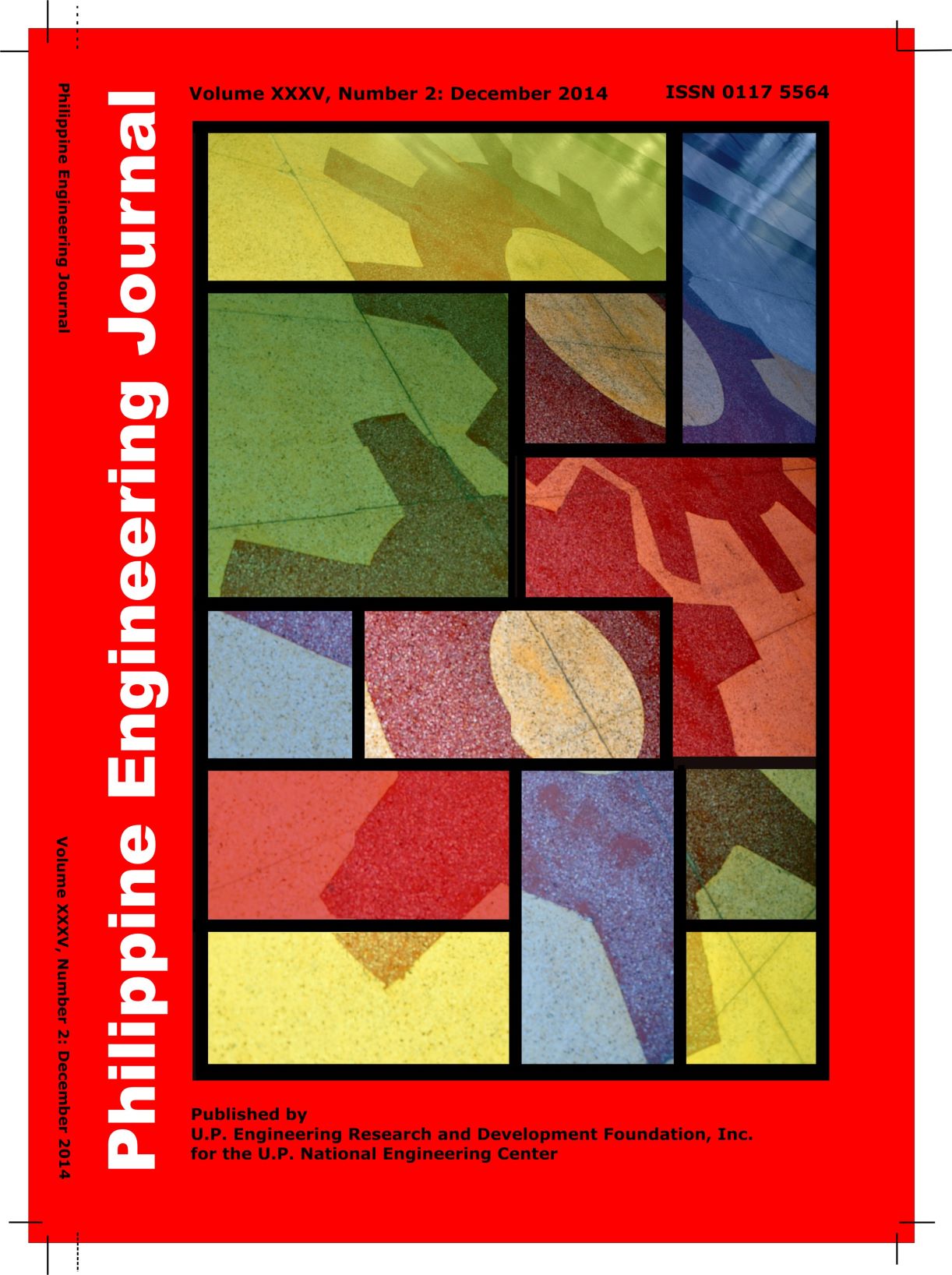Strength and Durability Characteristics of Soil Stabilized with Various Cement Types for Slope Protection Applications
Abstract
Protection of in-situ soils is one of the most common methods of slope condition improvement. Weak surface soils often affect slope stability. The objective of this study is to investigate the effect of cement treatment to the shear strength and erodibility of stabilized soil. The results of the study are potentially useful for slope protection applications. Soil samples were collected and treated with three types of cement (Type 1, Type IP and Type P) at 6%, 8% and 10% concentration by mass. To determine the specific effects of each cement type and amount, factors such as water content, size of the specimens and curing period were kept constant. Unconsolidated undrained shear strength of the samples was measured using Unconfined Compressive Strength Test, while the erodibility was determined by quantifying the percent of soil loss after exposing the specimens into an accelerated rainfall simulation setup with an intensity of 900,000 mm/hr. The shear strength and resistance to erosion of the treated soil were generally observed to increase with the increase in cement content. Both the shear strength and erodibility tests show that among the three cement types of cement utilized in this study, Type 1 cement is potentially the most efficient in stabilizing soil as slope protection material. Type P cement was observed as the least effective.
Published
2021-08-03
How to Cite
VICTOR, Jaime Angelo S..
Strength and Durability Characteristics of Soil Stabilized with Various Cement Types for Slope Protection Applications.
Philippine Engineering Journal, [S.l.], v. 35, n. 2, aug. 2021.
ISSN 2718-9287.
Available at: <https://journals.upd.edu.ph/index.php/pej/article/view/7893>. Date accessed: 07 sep. 2025.
Issue
Section
Articles


